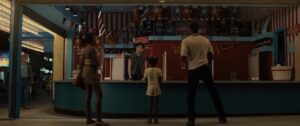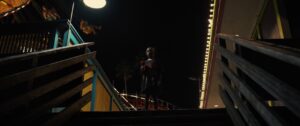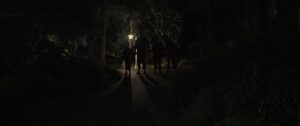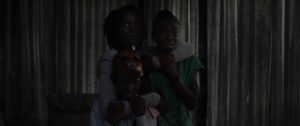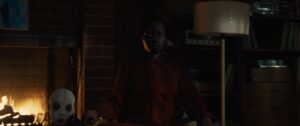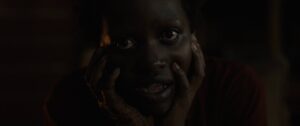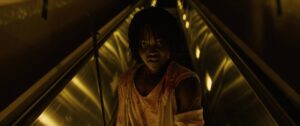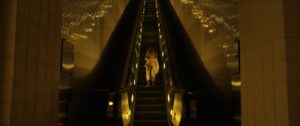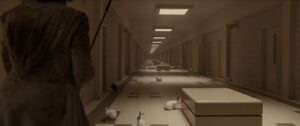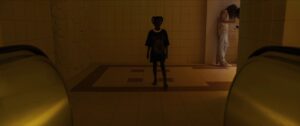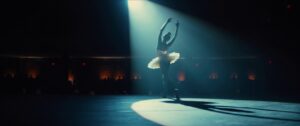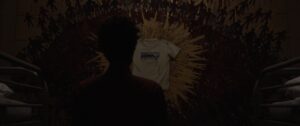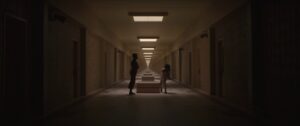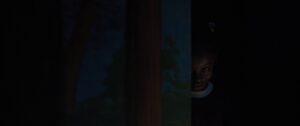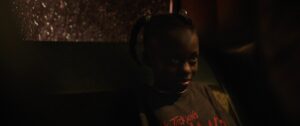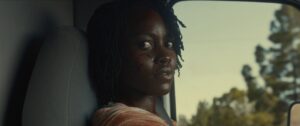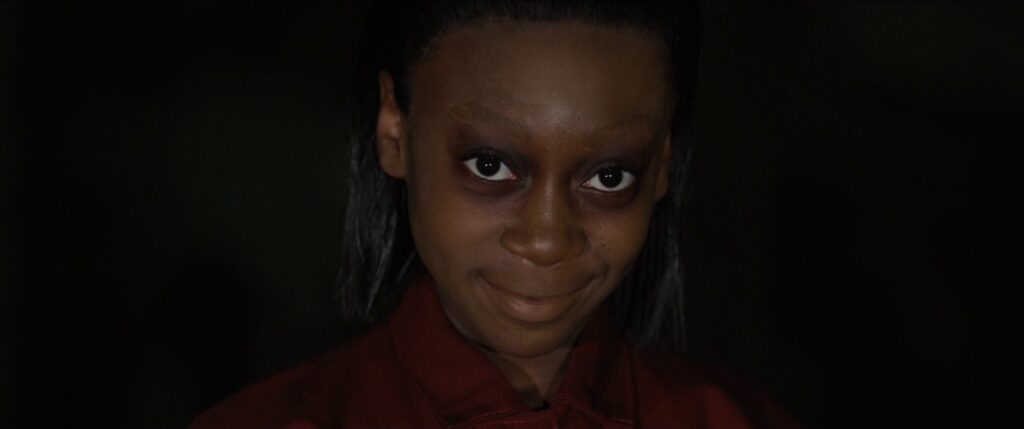
Jordan Peele’s Us is a psychological mirror reflecting the darkest corners of our minds. At its core, the film delves into the concept of duality, exploring how our repressed fears, desires, and societal neglect manifest as monstrous versions of ourselves.
The Tethered: Manifestations of Repressed Fears
In Us, the Tethered are doppelgängers created to mirror every action of their counterparts above ground. They live in underground tunnels, mimicking the lives of the living without agency or identity. Psychologically, the Tethered represent the parts of ourselves we suppress or deny our guilt, shame, and unacknowledged desires. When these aspects are ignored or repressed, they don’t disappear; they fester and eventually demand recognition.
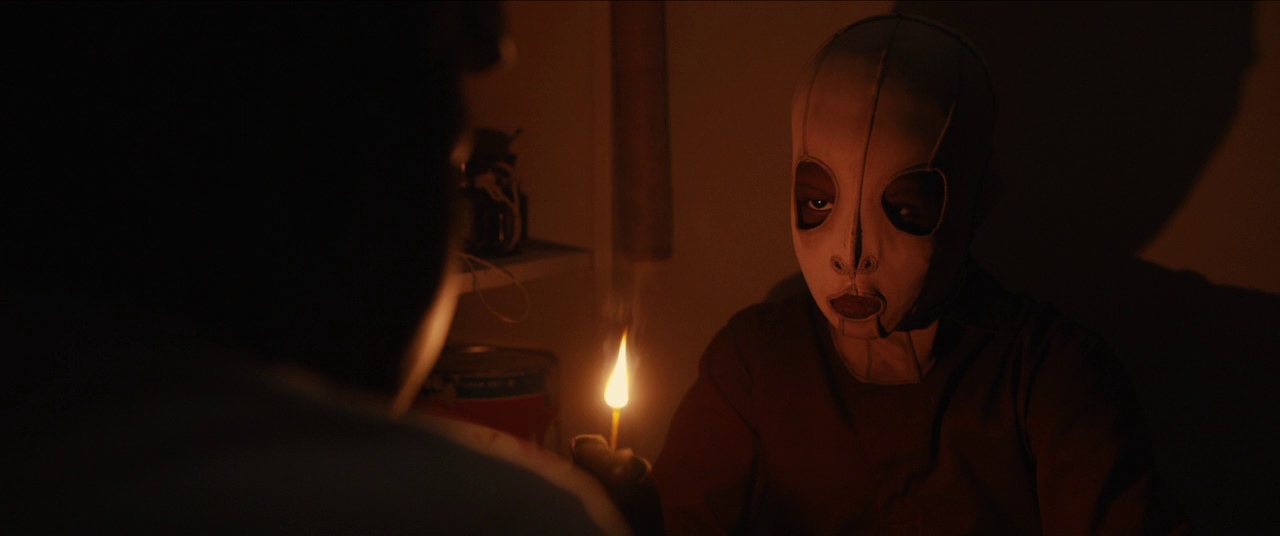
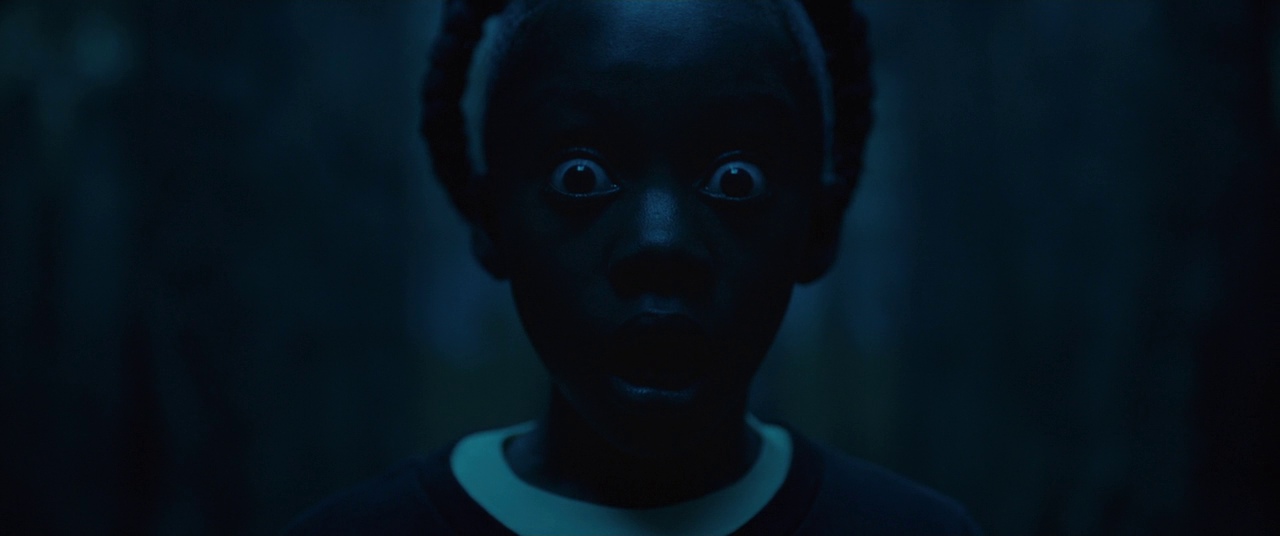
Adelaide and Red: The Duality of Identity
The film’s protagonist, Adelaide Wilson, encounters her doppelgänger, Red, who reveals that she is the original Adelaide, and the real Adelaide has been living her life above ground. This twist highlights the psychological concept of the “shadow self,” a term coined by Carl Jung to describe the unconscious part of the personality that contains repressed weaknesses and desires. Adelaide’s journey is a confrontation with her own shadow, forcing her to acknowledge and integrate these hidden aspects of herself.
The Symbolism of Scissors: Cutting Ties with the Past
The Tethered wield scissors, a tool that can both create and destroy. Psychologically, scissors symbolize the act of severing connections; cutting ties with the past, with trauma, or with parts of ourselves we wish to forget. In the context of the film, the scissors represent the violent rupture between the conscious and unconscious mind, and the destructive consequences of ignoring one’s inner turmoil.
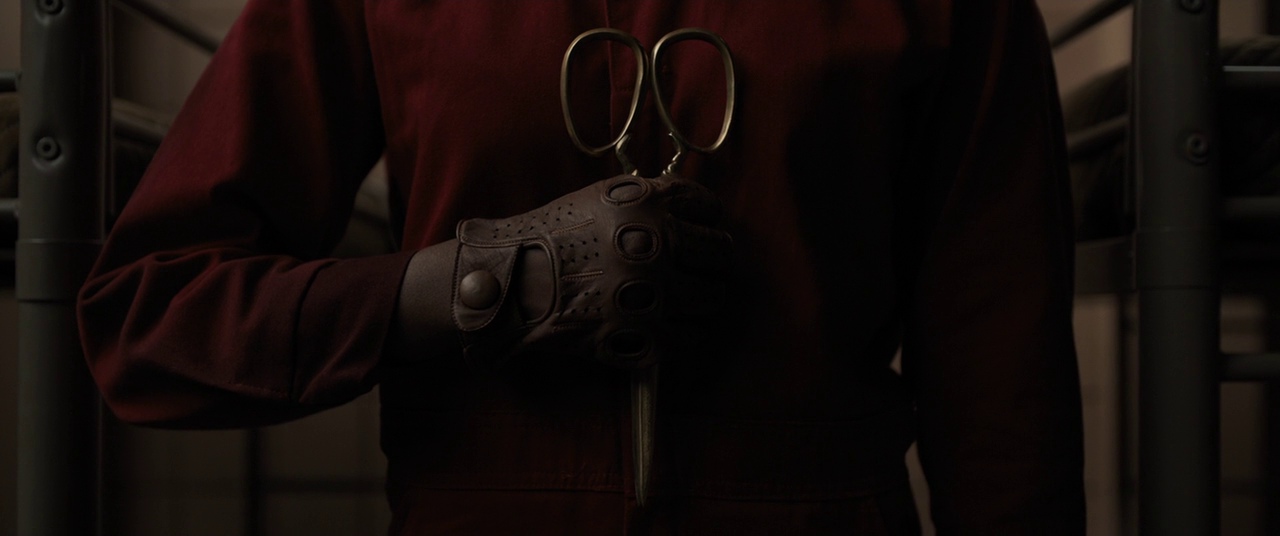
The Underground: Society’s Forgotten Underclass
The Tethered live in an underground world, a literal and metaphorical representation of society’s marginalized individuals. They are the forgotten, the ignored, and the oppressed, existing in the shadows of the American dream. This setting critiques societal structures that neglect and dehumanize certain groups, forcing them into invisibility until they can no longer remain unseen.
Us as a Psychological Allegory
Us is a psychological allegory about facing the parts of ourselves we’ve hidden away. It challenges viewers to confront their own shadow selves and recognize the societal structures that perpetuate inequality and repression. By doing so, Peele invites us to understand that the monsters we fear are often reflections of our own unacknowledged truths.
